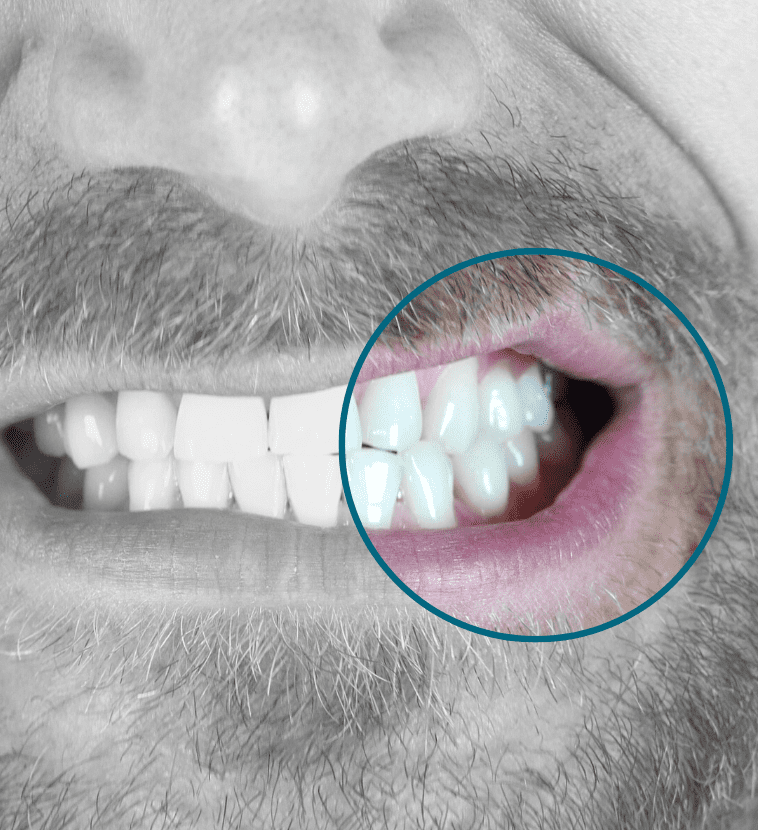Teeth grinding, or bruxism, is a common condition often exacerbated by emotional or psychological stress. The role of stress reduction in teeth grinding treatment has become increasingly important in modern dental care, as more people report clenching or grinding their teeth during periods of tension. Whether it occurs during sleep or while awake, chronic Teeth Grinding can lead to serious oral health problems, including worn-down teeth, jaw pain, and headaches. Addressing the root cause—stress—can significantly improve outcomes for individuals suffering from bruxism.
Why Stress Reduction Is a Key Element of Treatment?
Stress doesn’t just impact your mood—it physically manifests in the body in a variety of ways, including the tightening of jaw muscles and unconscious clenching. That’s why stress management techniques are now being considered just as important as physical dental treatments like night guards or orthodontics. By targeting stress directly, patients often see:
-
Reduced frequency of teeth grinding episodes
-
Decreased jaw and facial pain
-
Improved quality of sleep
-
Long-term behavioral changes that reduce recurrence
Many dental professionals now recommend integrating psychological wellness strategies alongside traditional bruxism treatments.
Mindfulness and Relaxation Techniques That Help:
One of the most effective approaches in stress management for bruxism is the adoption of mindfulness practices. These techniques help bring awareness to unconscious habits and provide the body with an outlet for tension.
-
Deep breathing exercises: Practiced for 5–10 minutes daily to calm the nervous system
-
Progressive muscle relaxation: Focused on releasing jaw and facial tension
-
Guided meditation: Helps reduce overthinking and mental stress before sleep
-
Yoga or tai chi: Encourages physical and emotional balance
Even 15 minutes of daily relaxation can have a measurable impact on stress levels and related teeth grinding behaviors.
Cognitive Behavioral Therapy and Its Role:
Cognitive Behavioral Therapy (CBT) is another powerful tool in treating stress-related bruxism. This form of therapy addresses the thought patterns and triggers that lead to stress and tension-related habits. Therapists work with patients to:
-
Identify personal stress triggers
-
Develop healthier coping mechanisms
-
Change the negative thought cycles that fuel anxiety
-
Break the habit of clenching and grinding
CBT can be particularly effective for individuals who experience daytime bruxism due to work or social stressors.
Lifestyle Changes That Promote Stress Relief:
Beyond therapy and relaxation techniques, simple lifestyle adjustments can dramatically reduce daily stress levels and support the overall goal of minimizing Teeth Grinding Treatment. Some effective changes include:
-
Maintaining a consistent sleep schedule: Lack of rest can increase stress and worsen nighttime bruxism
-
Regular exercise: Physical activity helps release endorphins, the body’s natural stress relievers
-
Limiting caffeine and alcohol: Both can increase anxiety and contribute to nighttime grinding
-
Staying hydrated: Dehydration may contribute to muscle tension and jaw stiffness
These changes, when maintained over time, create a foundation for better stress management and healthier oral habits.
A Holistic Approach to Long-Term Relief:
Combining dental treatments with stress-reducing strategies leads to the most comprehensive and effective teeth grinding treatment. Night guards and bite splints protect the teeth, but they don’t address the underlying causes. When patients pair these tools with practices like therapy, mindfulness, and lifestyle shifts, they not only relieve symptoms but also prevent future episodes of bruxism. The role of stress reduction in teeth grinding treatment cannot be overstated—it’s a foundational aspect of long-term healing and oral health.

